This gallery shows 29+ high-quality and best-resolution Gautam Buddha PNG Images, Vectors, Stickers, logos, Icons, and Clipart Pictures with transparent backgrounds. Free download all these Gautam Buddha PNG images for graphic design, projects, presentations, web design, editing, and other works.
Gautam Buddha PNG Images:
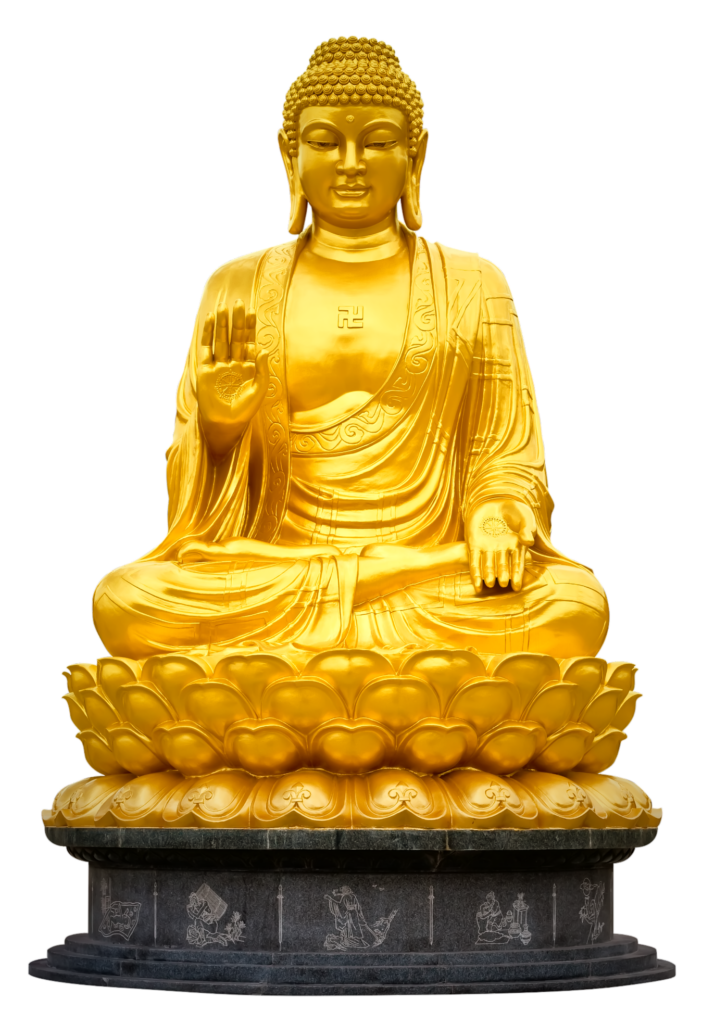
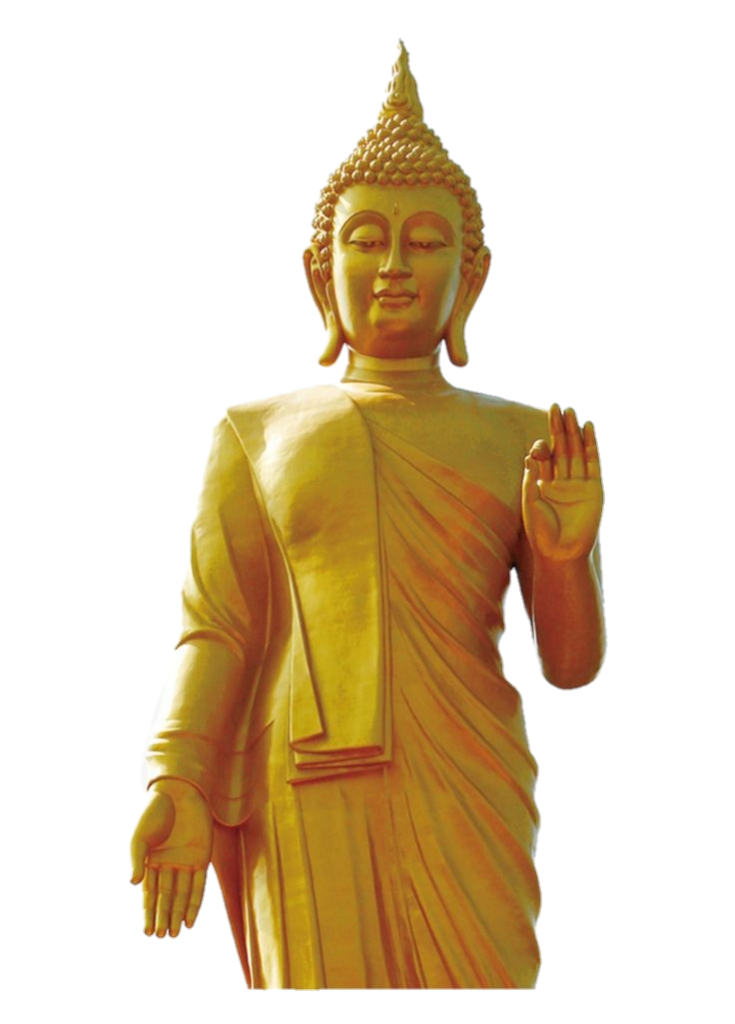
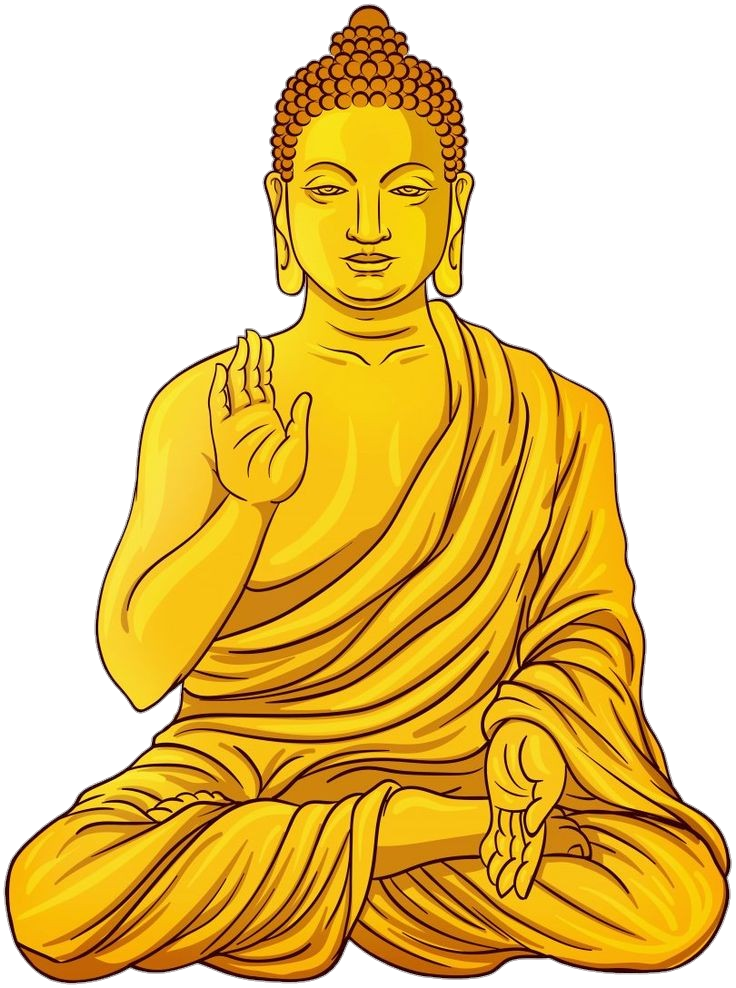
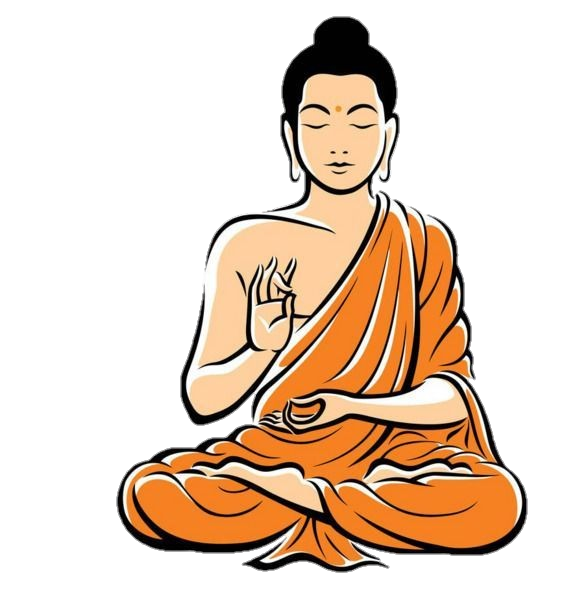
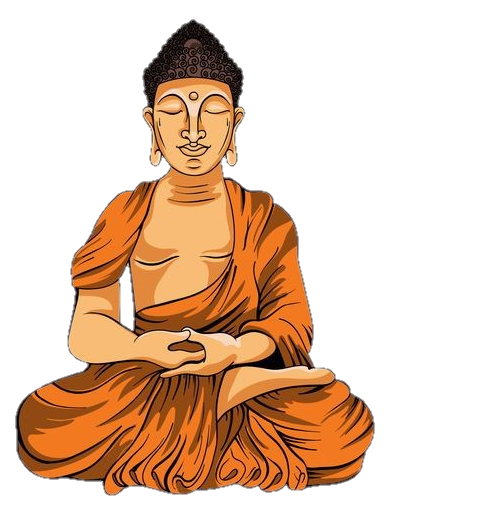
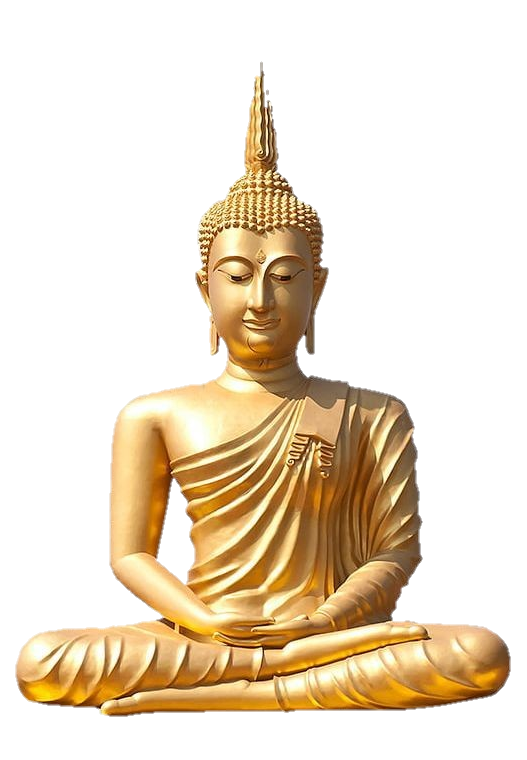
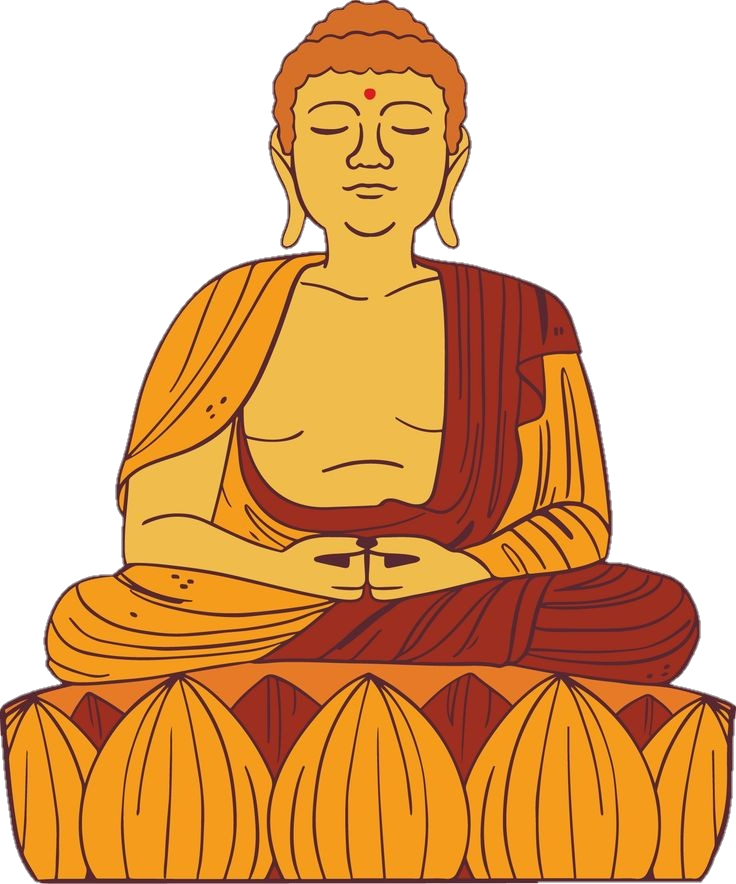
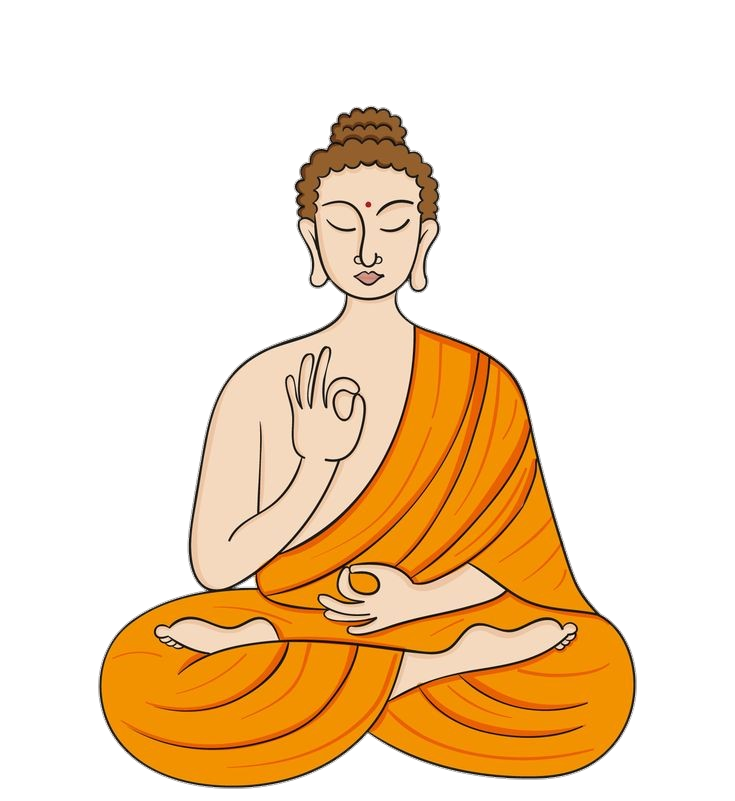
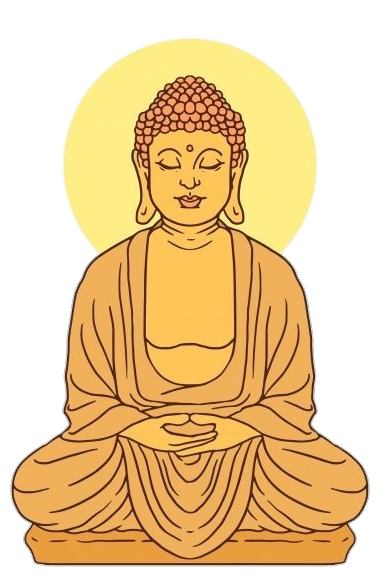
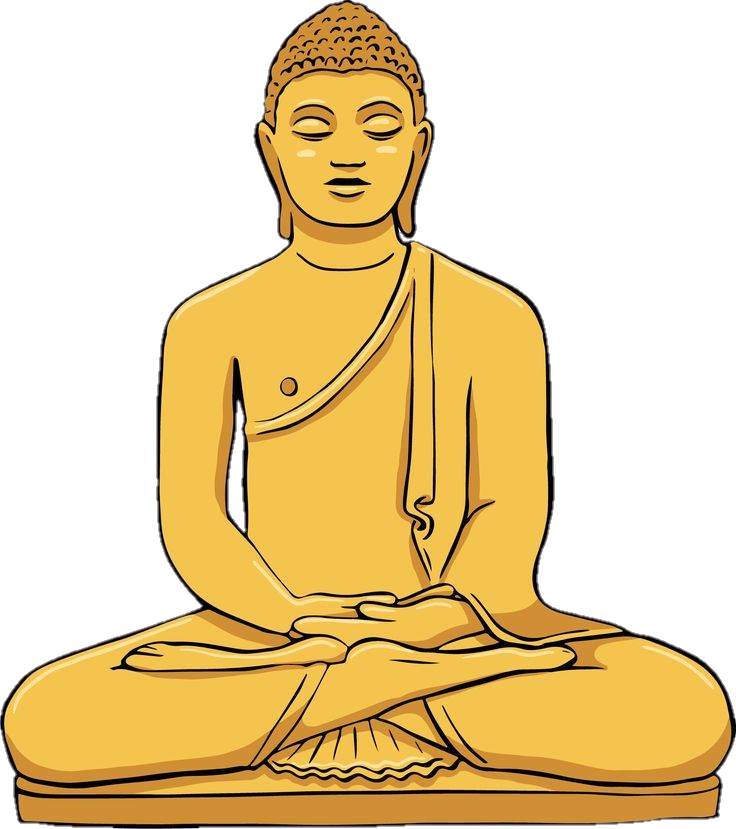
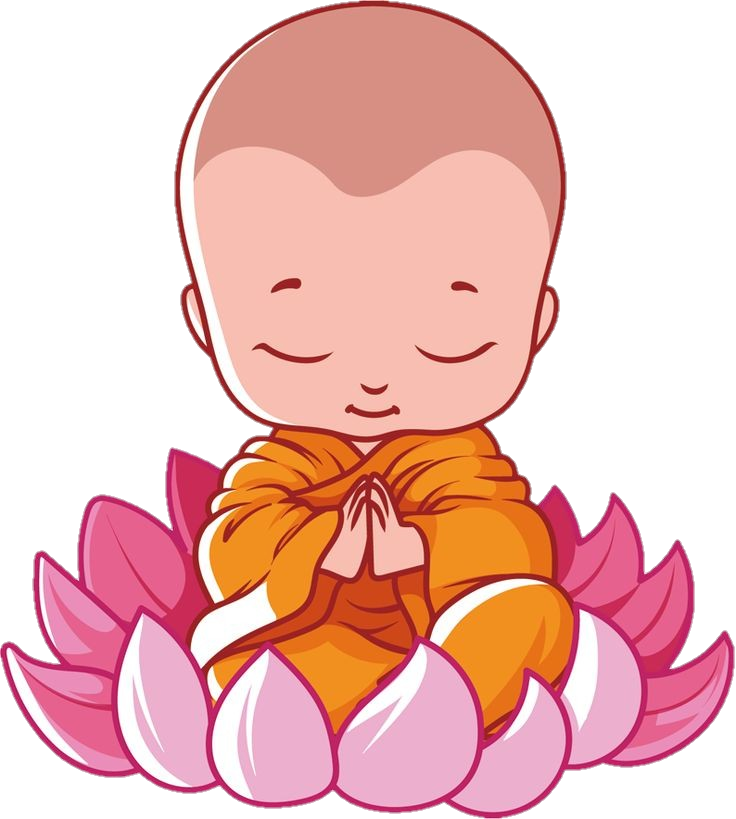
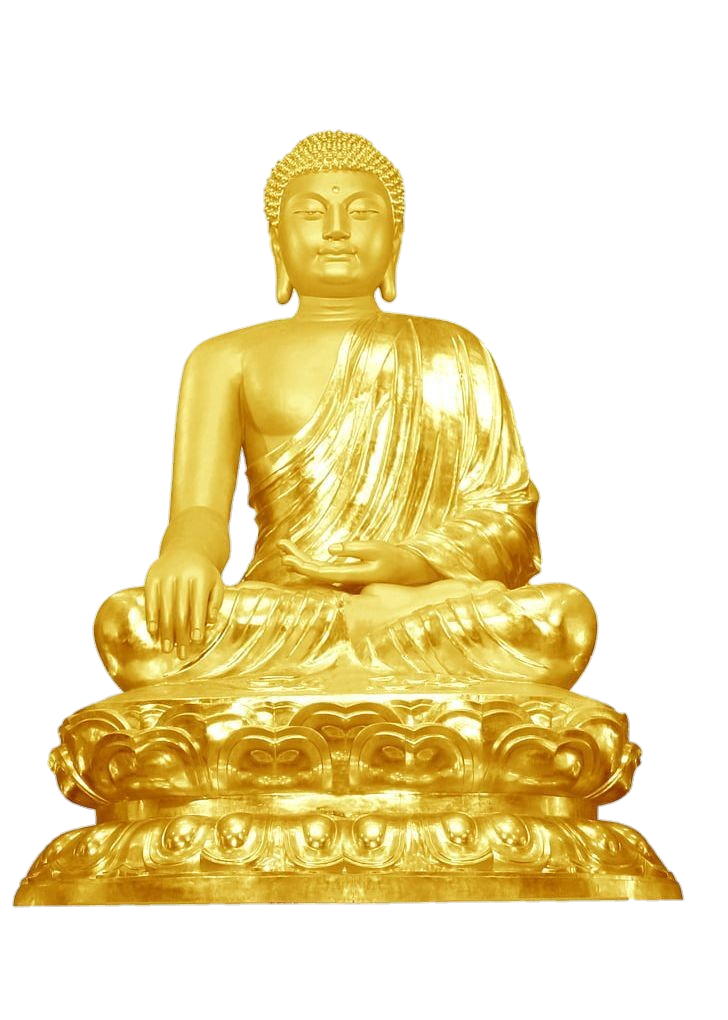
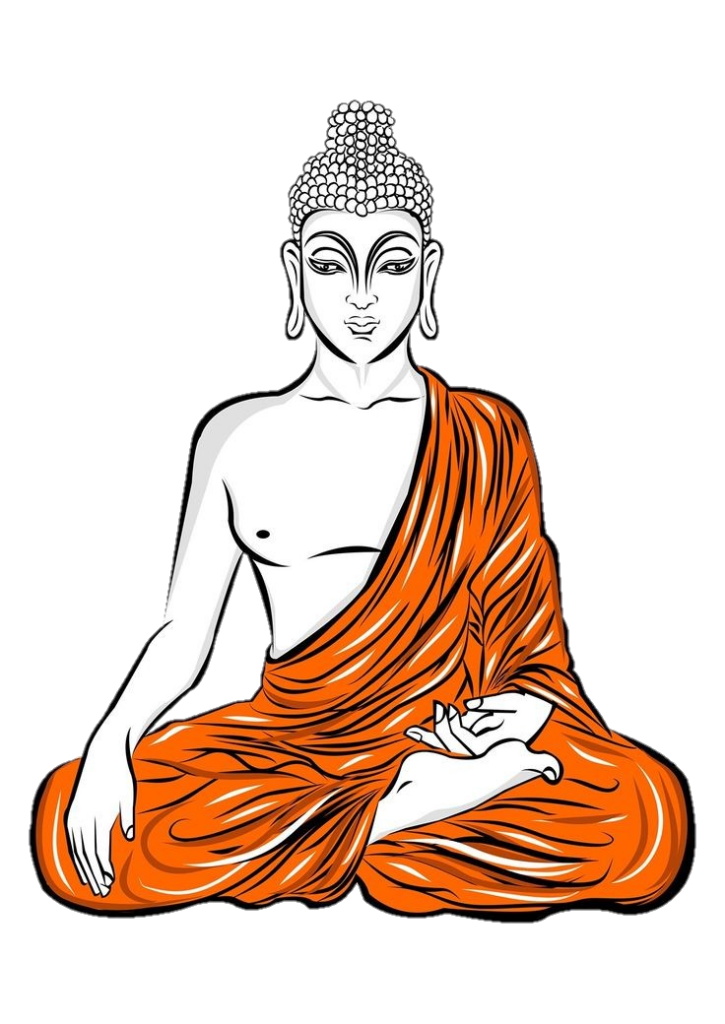
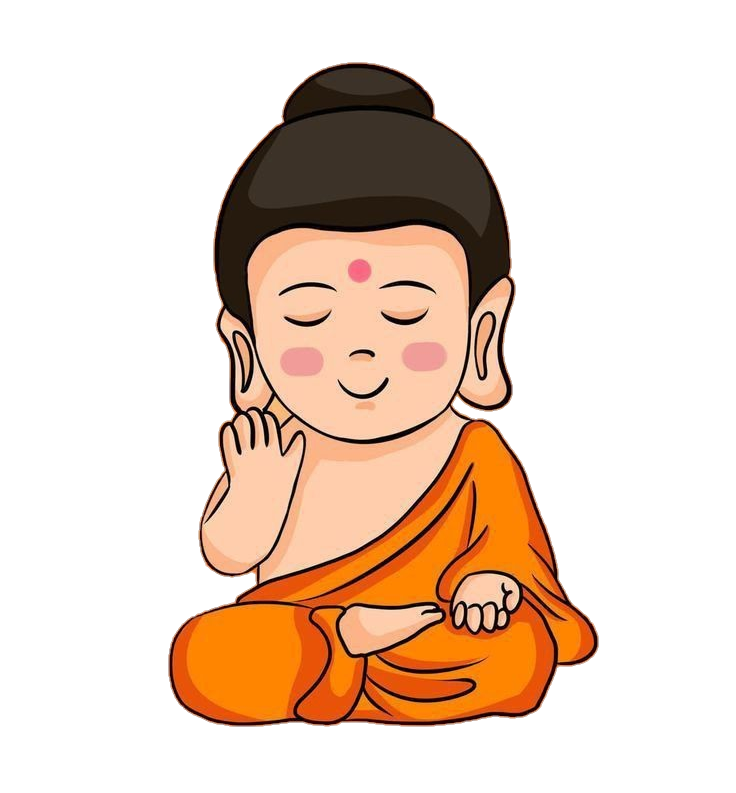
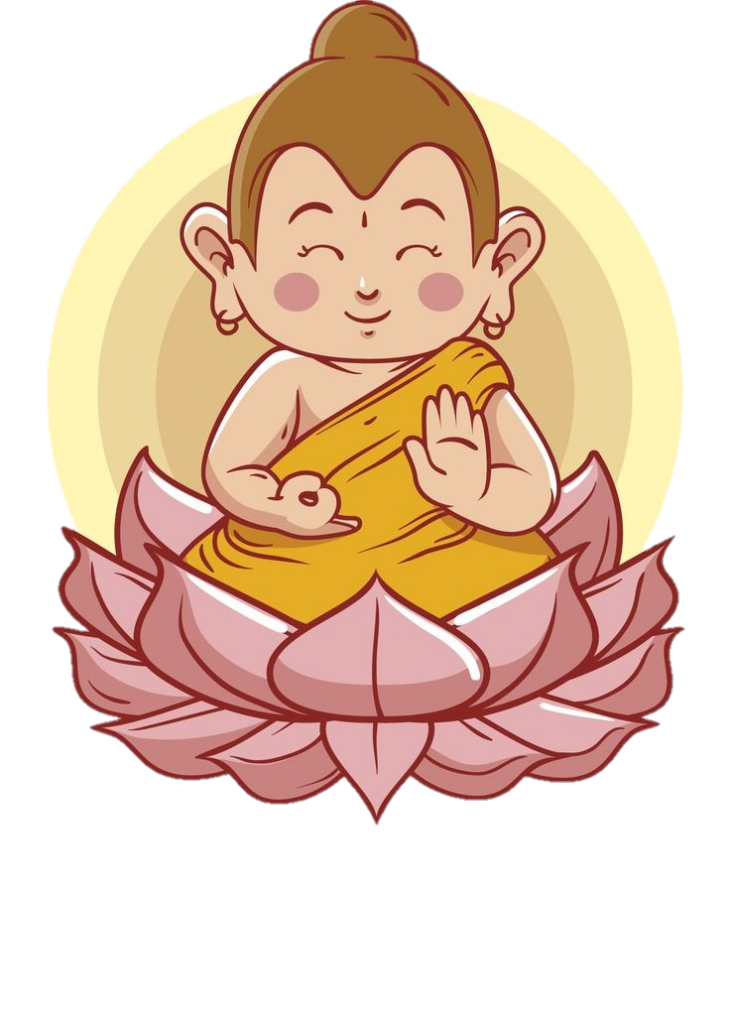
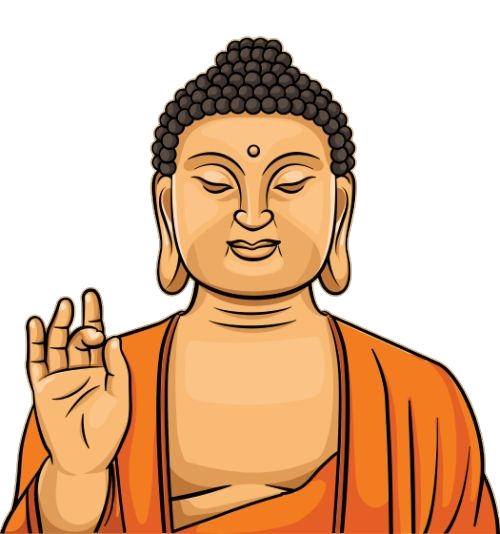
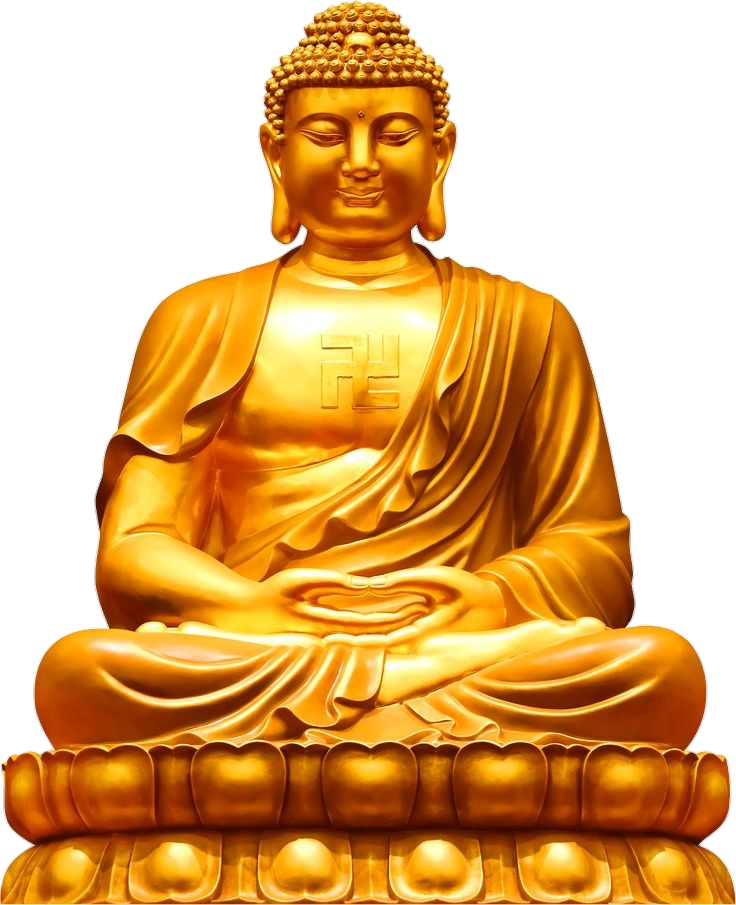
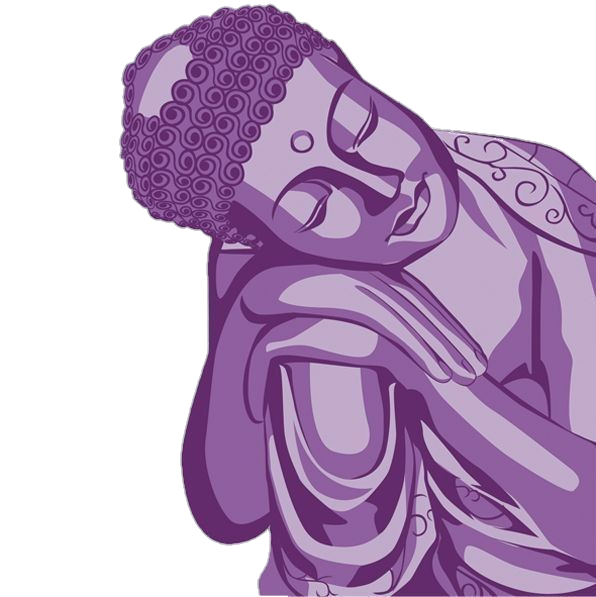
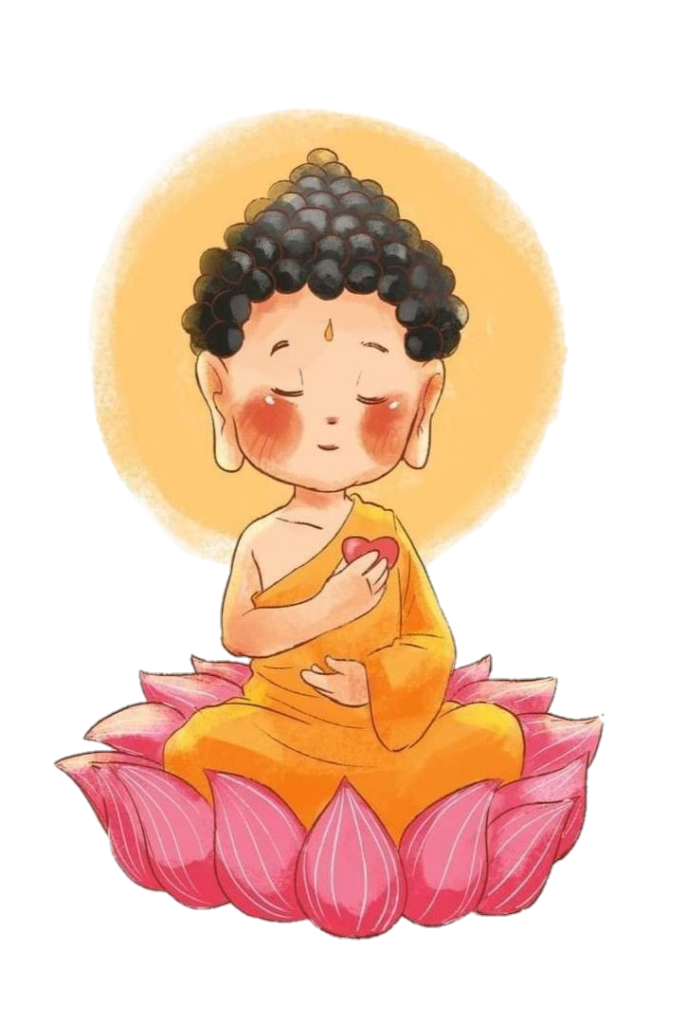

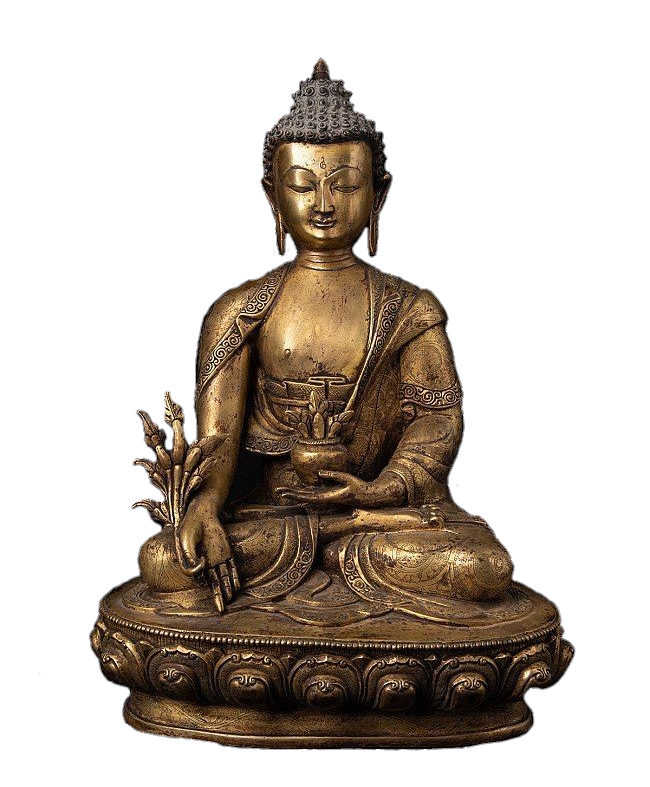

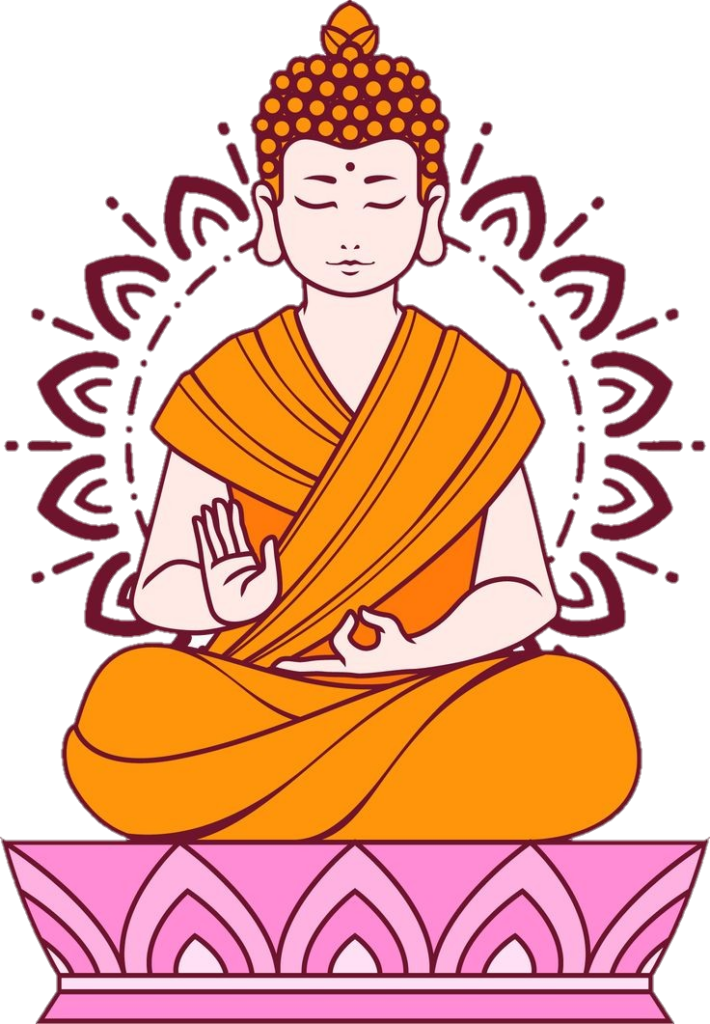
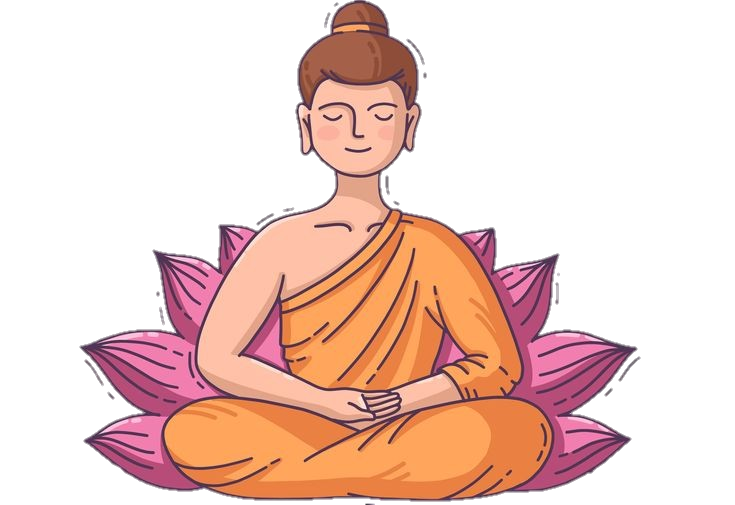
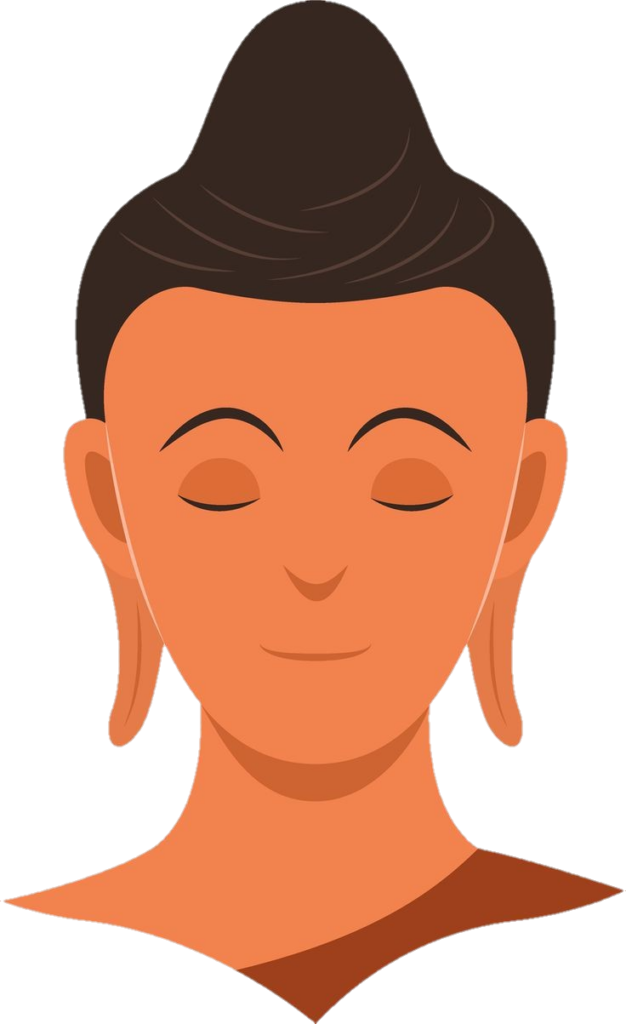
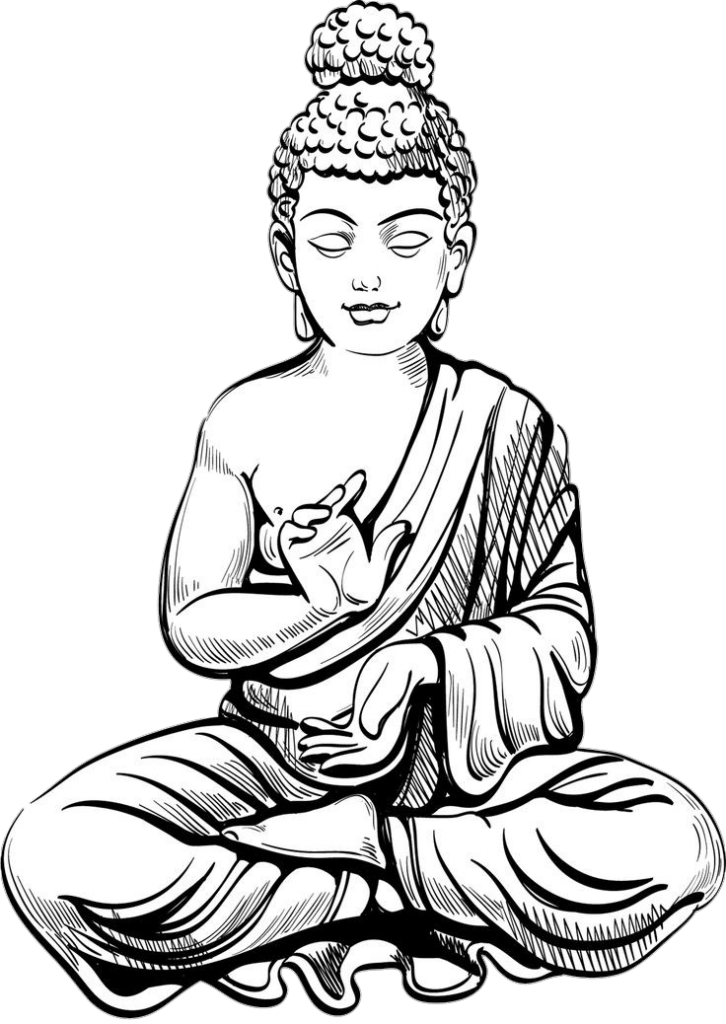
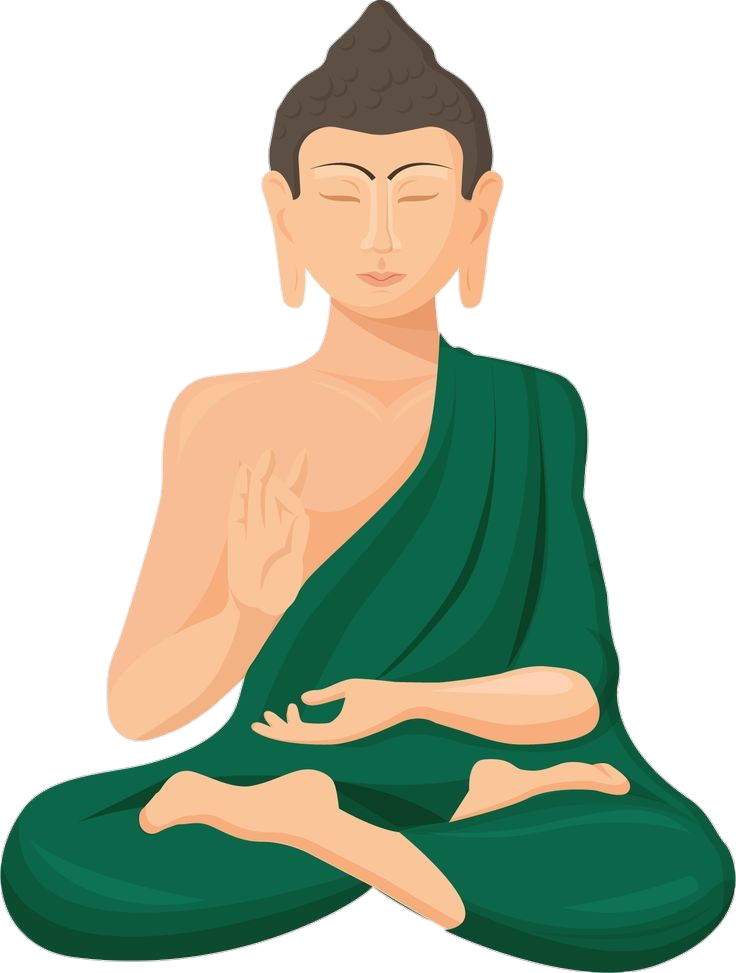
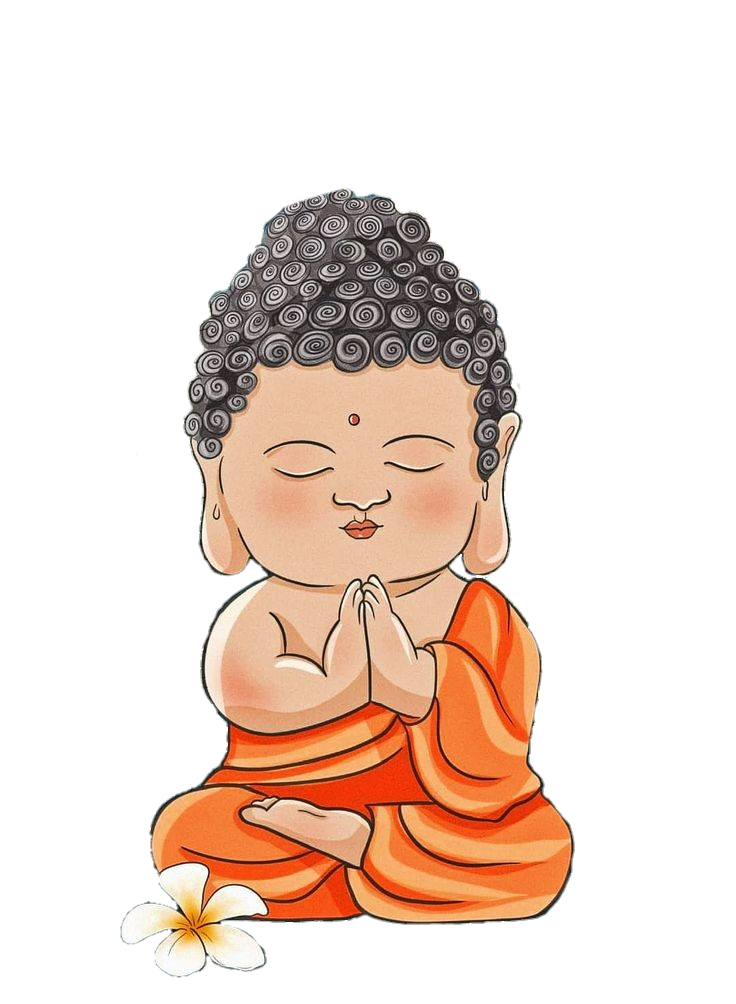
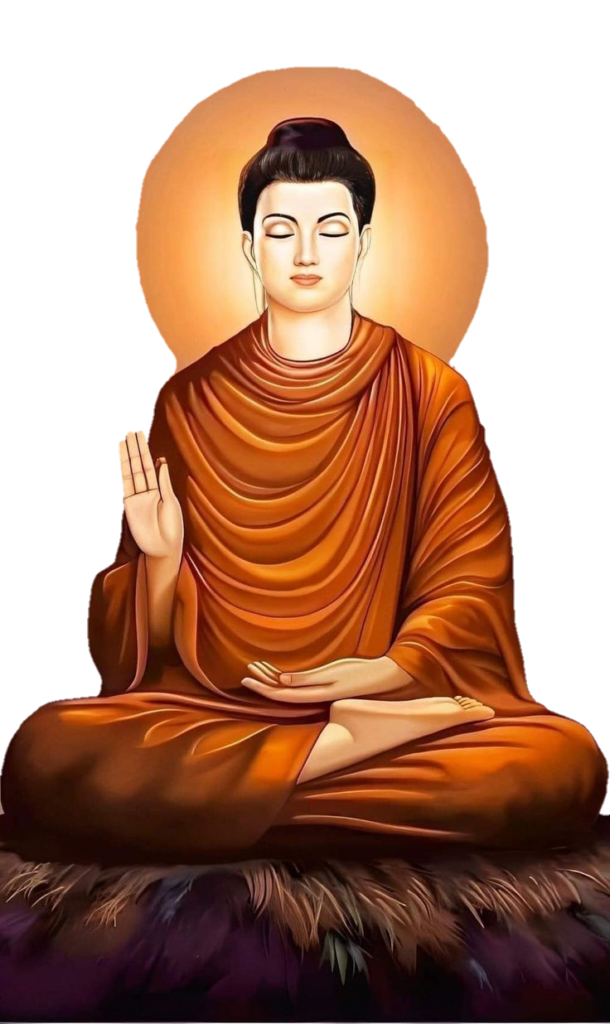
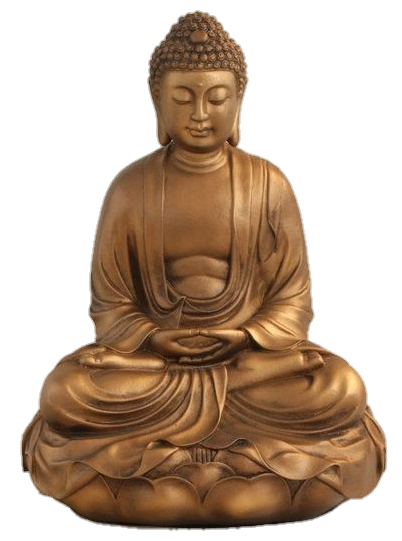
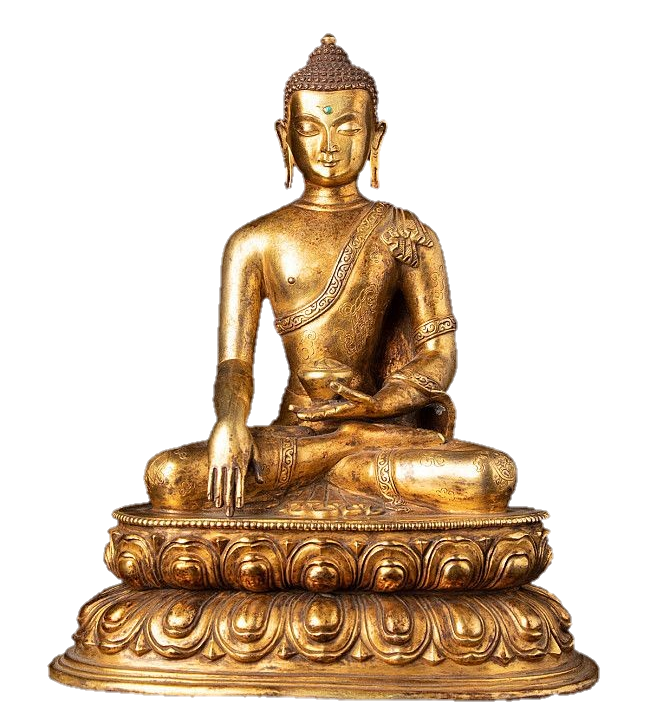
Gautam Buddha, also known as Siddhartha Gautama, was a spiritual teacher and the founder of Buddhism. Born in ancient India around 563 BCE, he dedicated his life to seeking the truth, understanding the nature of suffering, and finding a path to enlightenment. Gautam Buddha’s teachings have profoundly impacted millions worldwide, inspiring them to live a life of compassion, wisdom, and inner peace.
Siddhartha Gautama was born into a noble family in Lumbini, present-day Nepal. As a young prince, he led a sheltered life, shielded from the world’s harsh realities. However, his encounters with sickness, old age, and death outside the palace walls shattered his illusions and sparked his spiritual curiosity. Determined to find answers to life’s fundamental questions, Siddhartha renounced his luxurious lifestyle and embarked on a spiritual quest.
After years of rigorous ascetic practices, Siddhartha realized that extreme self-mortification did not lead to enlightenment. He abandoned this path and adopted the “Middle Way,” a balanced approach between indulgence and self-denial. He meditated deeply under a Bodhi tree in Bodh Gaya, vowing not to rise until he discovered the truth. During this profound meditation, Siddhartha Gautama attained enlightenment, becoming Gautam Buddha, the “Awakened One.”
Gautam Buddha’s enlightenment revealed the Four Noble Truths, which form the foundation of Buddhist philosophy. The First Noble Truth acknowledges the existence of suffering in the world. The Second Noble Truth identifies desire and attachment as the root causes of suffering. The Third Noble Truth reveals that suffering can be transcended by eliminating desire. Finally, the Fourth Noble Truth presents the Eightfold Path, a practical guide to liberation from suffering.
The Eightfold Path is a roadmap to lead individuals toward enlightenment and liberation. It encompasses eight interconnected principles: Right Understanding, Right Thought, Right Speech, Right Action, Right Livelihood, Right Effort, Right Mindfulness, and Right Concentration. These principles encourage followers to cultivate ethical conduct, mental discipline, and mindfulness, leading to wisdom and compassion.
Gautam Buddha’s teachings extended beyond the individual’s path to liberation; they emphasized the importance of compassionate action and ethical conduct. He advocated non-violence, loving-kindness, and the practice of harmlessness towards all living beings. Buddha’s teachings on interdependence and interconnectedness emphasized the unity of all things and encouraged followers to treat others with empathy and respect.
Despite initially facing skepticism, Gautam Buddha’s teachings gained popularity throughout his lifetime and spread across ancient India and beyond. His message of inner peace, compassion, and wisdom resonates with millions today. As a major world religion, Buddhism has influenced diverse cultures, inspiring art, philosophy, and practices like meditation.





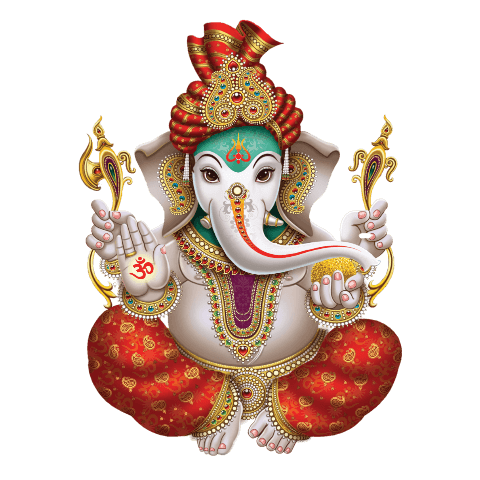
Leave a Comment